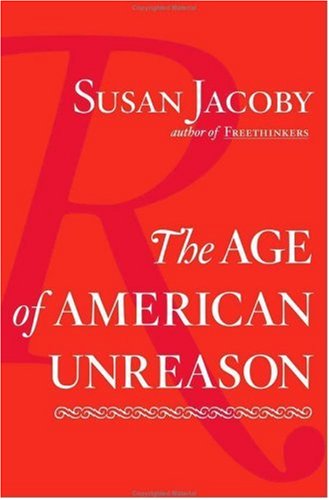Newspapers, Unlike New Media, Can be Put Down
The intellectual shortcomings of past and present newspapers are, however, beside the point, because the real difference between today's video and yesterday's print is not content but context--a context in which the proliferating visual images and noises of the video/digital age permeate the minute-by-minute experience of our lives. Newspaper reading was a habit that accompanied the beginning or ending of each workday for millions; it did not constitute a continuous invasion of individual thought and consciousness. The most trashy newspaper and the most sublime work of literature share a crucial characteristic: each can be picked up, perused, contemplated, and put down at will.
Notes:
New media intrudes on us perpetually, with RSS feeds, television streaming, and music blaring. Newspapers and books are picked up in compartmentalized time, making them less intrusive and allowing us deeper engagement with them.
Folksonomies: new media technology old media ludhism
Taxonomies:
/art and entertainment/books and literature (0.660671)
/art and entertainment/books and literature/magazines (0.425533)
/hobbies and interests/reading (0.233644)
Keywords:
new media (0.905547 (negative:-0.334089)), present newspapers (0.749274 (positive:0.219837)), deeper engagement (0.713276 (negative:-0.398513)), intellectual shortcomings (0.694884 (positive:0.219837)), crucial characteristic (0.687901 (positive:0.639102)), television streaming (0.684839 (neutral:0.000000)), music blaring (0.683554 (neutral:0.000000)), trashy newspaper (0.662195 (positive:0.639102)), real difference (0.649160 (neutral:0.000000)), sublime work (0.647437 (positive:0.639102)), continuous invasion (0.635286 (neutral:0.000000)), visual images (0.621955 (negative:-0.223791)), video/digital age (0.620197 (negative:-0.223791)), minute-by-minute experience (0.619025 (negative:-0.223791)), literature share (0.609103 (positive:0.639102)), individual thought (0.607204 (neutral:0.000000)), Newspaper reading (0.590535 (negative:-0.478131)), context (0.376253 (negative:-0.223791)), workday (0.330414 (negative:-0.478131)), noises (0.327134 (negative:-0.223791)), millions (0.299313 (negative:-0.478131)), habit (0.296481 (negative:-0.478131)), RSS (0.295238 (neutral:0.000000)), consciousness (0.281611 (neutral:0.000000)), books (0.277102 (negative:-0.410604)), time (0.276794 (negative:-0.410604)), beginning (0.276132 (negative:-0.478131))
Entities:
New Media:FieldTerminology (0.847857 (negative:-0.334089)), RSS feeds:FieldTerminology (0.645410 (neutral:0.000000))
Concepts:
Printing (0.964182): dbpedia | freebase | opencyc
Mass media (0.929153): dbpedia | freebase | opencyc
Newspaper (0.916337): dbpedia | freebase | opencyc
Advertising (0.873121): dbpedia | freebase | opencyc
Journalism (0.835088): dbpedia | freebase
Broadsheet (0.711180): dbpedia | freebase
Time (0.702160): dbpedia | freebase | opencyc
Newspapers (0.692871): dbpedia





